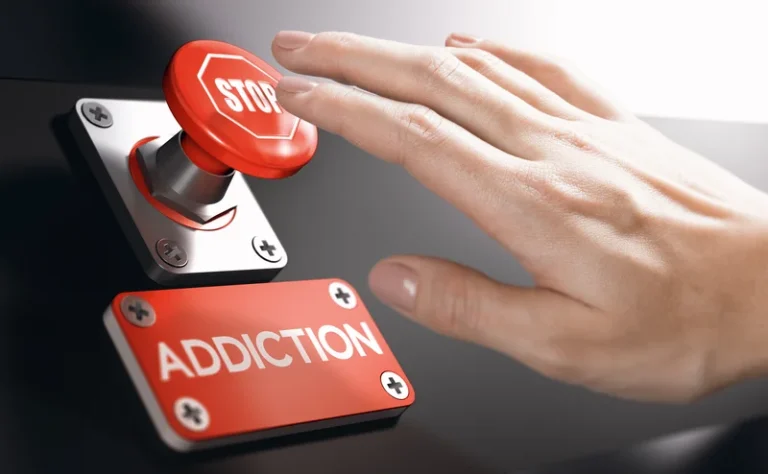
So, if you’re going through a difficult situation and having a hard time using healthy coping techniques, you can call your therapist. Core mindfulness skills, adapted from Eastern meditation practices, teach you to become more aware of the present moment. You learn to focus on one thing at a time, without judging yourself or others. Psychologist Marsha Linehan, PhD, developed dialectical behavior therapy in the 1980s for people with suicidal thoughts who also often lived with BPD. If you’re feeling like mental health symptoms are negatively impacting your quality of life, health, or relationships, DBT might be a good choice for you.
What conditions does DBT help with?

However, as with any therapy, individual results may vary, and it’s crucial to have these discussions with a mental health professional who can provide guidance based on personal circumstances and needs. Mindfulness skills help you slow down and focus on using healthy coping skills when you are in the midst of emotional pain. The strategy can also help you stay calm and avoid engaging in automatic negative thought patterns and impulsive behavior.
Mindfulness Skills as a DBT Module
- Many practitioners may wish to offer this therapy in their practice.
- Dialectical behavioral therapy (DBT) first appeared in the 1990s for treating borderline personality disorder (BPD) and suicidal behaviors.
- DBT is a comprehensive and multifaceted therapy designed to help patients cope with extreme emotional suffering and, often, self-injurious behavior.
- It’s important to recognize that you’re doing your best and keep trying.
- A doctor or mental health professional can advise on their options.
- However, as with any therapy, individual results may vary, and it’s crucial to have these discussions with a mental health professional who can provide guidance based on personal circumstances and needs.
People who may benefit from DBT include those struggling with emotional regulation, self-destructive behaviors, and interpersonal difficulties, and those who have not found success with other therapeutic approaches. In addition to regular therapy sessions, people are also required to do “homework” to work on skills outside of the individual, group, and phone counseling sessions. This may pose a challenge for people who have difficulty keeping up with these assignments on a regular basis. Dialectical behavior therapy (DBT) usually takes at least six months to a year.

DIALECTICAL BEHAVIOUR THERAPY (DBT) PROGRAM

These exercises are completed as part of a treatment plan developed in collaboration with a treating psychologist. While the length of CBT treatment within the home- and community-based program is flexible, treatment usually starts with 6- to-15 dialectical behavioral therapy weekly or bi-weekly sessions. Therapists regularly evaluate a client’s progress by reviewing patterns in self-reported anxiety and depressive symptoms. This service is offered at the client’s home and/or in relevant community-based settings.
Accepting things you don’t have control over can help you solve problems and improve low moods. Dialectical behavior therapy (DBT) is an effective, science-backed therapy that helps people — many of whom experience significant mental health challenges — build a life they find worthwhile. As with the DBT services for adults, there is also an outpatient Multifamily DBT Skills training group offered to teens and their caregivers to reinforce the use of DBT skills at home. This group is often a step-down for youth and caregivers completing the Adolescent DBT IOP track, though patients may be admitted to this group directly, depending on needs.
This means you can call your therapist at certain times for support between sessions. Dialectical behavior therapy (DBT) is especially effective for people who have difficulty managing and regulating their emotions. The Stage 2 Dialectical Behaviour Therapy (DBT) program at the OICBT is https://ecosoberhouse.com/ the second stage of the OICBT’s DBT program. To learn more about the first stage of this program, please click here. The goal of the Stage 2 DBT program is to implement skills learned into valued based-living and to become autonomous with the implementation of self-directed therapy.
Stages and Goals in DBT

- This is a comprehensive treatment program that involves individual psychotherapy and group skills training.
- For example, someone might use DBT to address behaviors related to alcohol use or binge eating disorder.
- They review their own past and present experience for instances of all-or-nothing thinking, seeing everything in extremes of black or white, devoid of the nuance that is more generally the nature of life.
- To further help you practice these skills, you complete homework outside of your sessions.
- Emotional trauma is explored, and healthy coping mechanisms are built to counteract maladaptive behaviors that may be in place currently.
Recent Comments